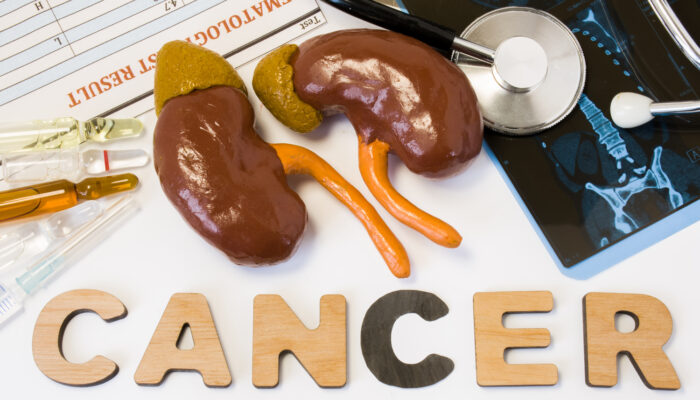
A Guide to Drug and Alcohol Rehab
Treatment programs for substance abuse are able to provide individuals struggling with addiction the help they need in the form of medication, counseling, group therapy sessions, and resources to follow up medical and psychological care. Drug rehabilitation centers and alcohol rehab centers offer individuals struggling with addiction who have self-admitted to the center with private insurance with the option of a short term in-patient residential program or out-patient commuter programs. Many of the nation’s public drug and alcohol rehabilitation centers offer the same programs to individuals on Medicare/Medicaid or other state funded health insurance providers or to those who have been court-mandated to attend a treatment program for substance abuse.
Most treatment programs follow similar steps and guidelines to treatment:
1. Intake
The intake process for substance abuse treatment programs can be daunting for an individual dealing with addiction. The intake process generally begins with an interview with a doctor, psychologist, or counselor who takes the history of drug and/or alcohol abuse as well as substances of choice. The intake specialist will gather information regarding an individual’s mental and physical health history and help determine the best course of treatment for them.
2. Detox
Many individuals entering a substance abuse treatment program will endure the painful effects of drug and/or alcohol detoxification. Individuals will remain under constant medical evaluation during the process and will be given medication to help them come down easier if it is appropriate.
3. Counseling
The one-on-one counseling aspect of alcohol and drug rehabilitation centers are an effective part of treatment. An individual is able to meet with a trained counselor in order to work through their addiction, the environments and social relationships which may trigger their addiction in the community, potential trauma-based reasons for substance use, and any other barriers to treatment which may arise.
4. Group therapy
Working through addiction as a group with others who are struggling with the same problems has proven to be an effective intervention to substance use. The group therapy experience allows individuals to share their personal stories of addiction and take solace, camaraderie, and knowledge from their peers.
5. Referrals to continuing care
Many treatment programs for substance abuse operate under a specific time frame and individuals find themselves wanting more long-term support. Case managers and counselors in the treatment programs are able to make referrals to community resources and groups to help those in recovery continue to feel supported when they return to the potentially triggering environments and relationships which brought them to treatment in the first place.
Drug and alcohol rehab centers offer those struggling with addiction the tools and resources they need to start themselves on a road to recovery while providing them with access to the continuing care they will need to stay sober.



